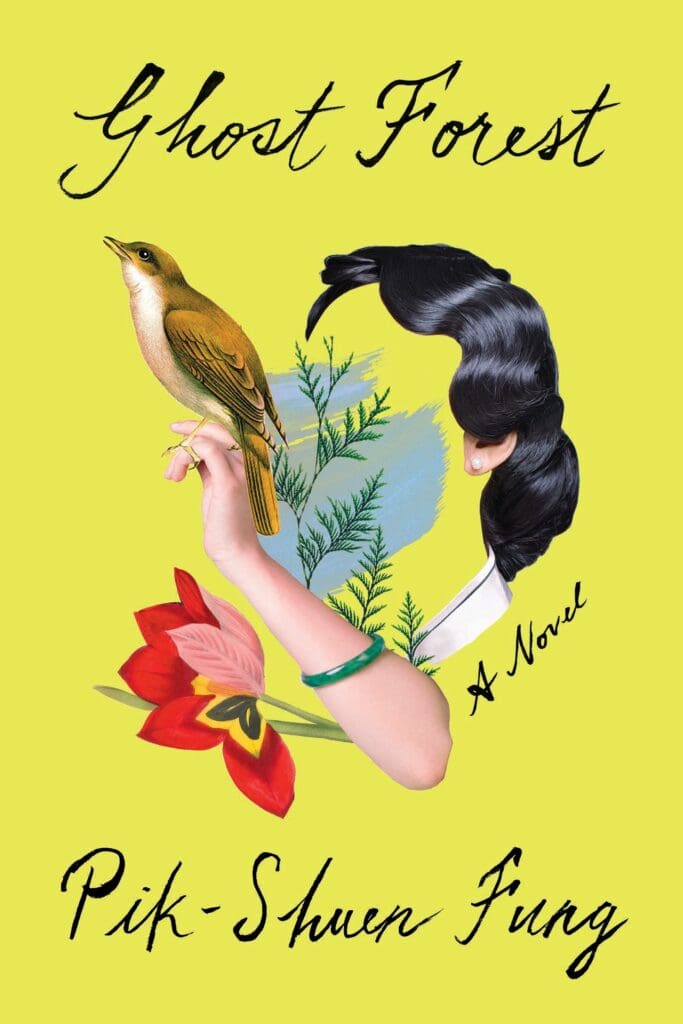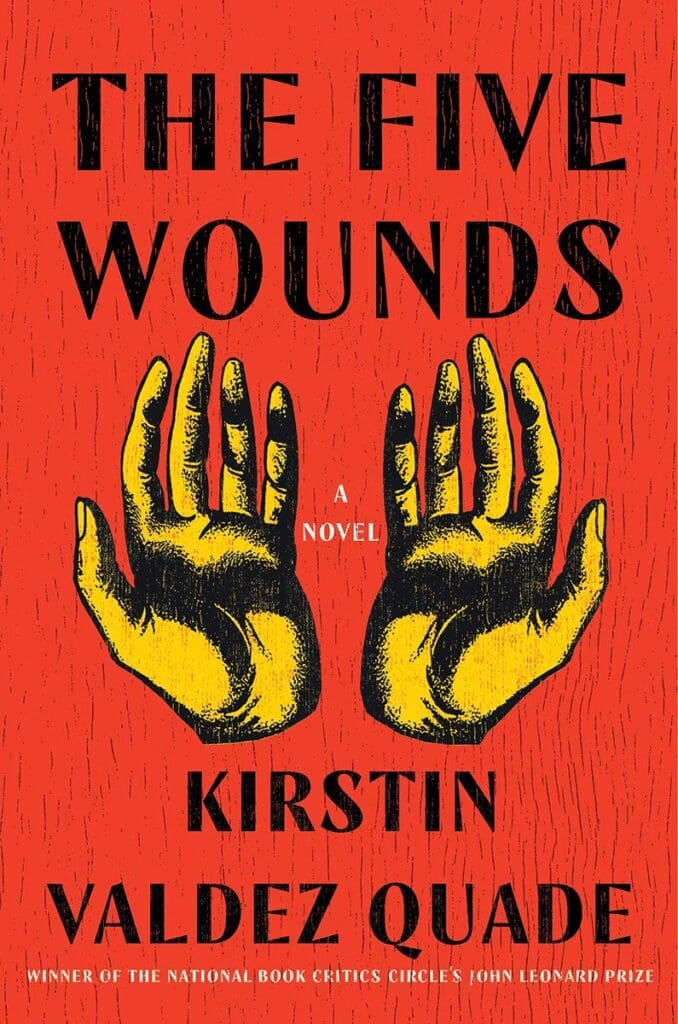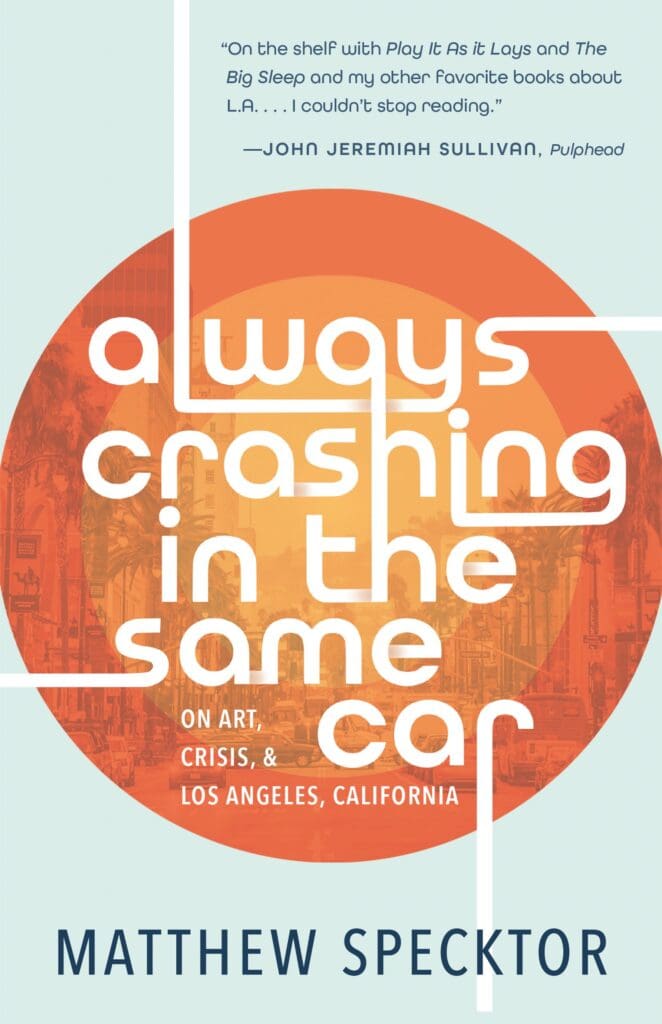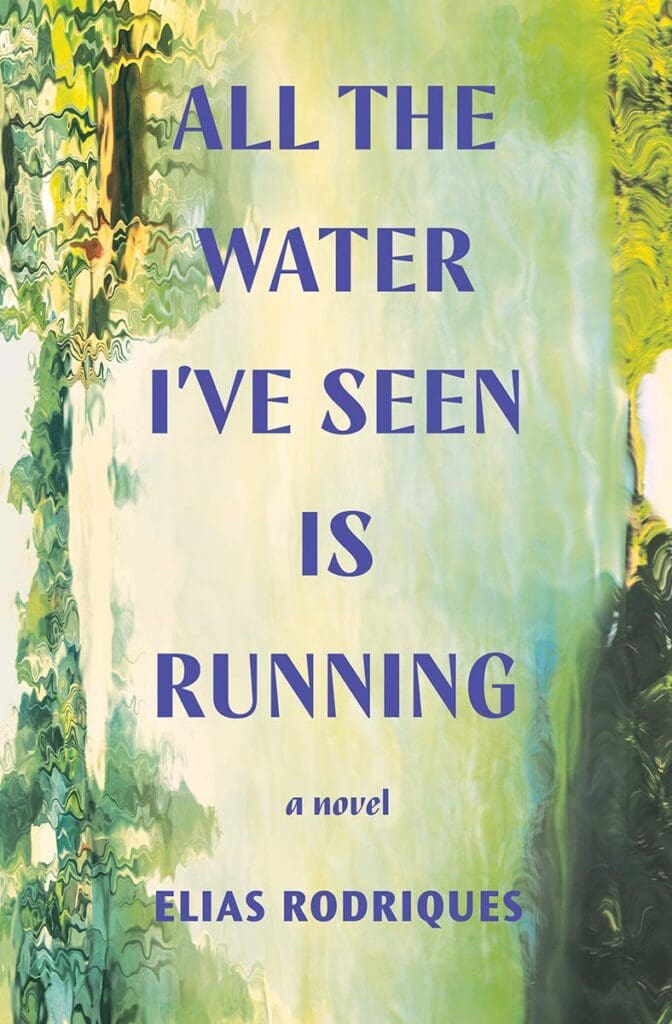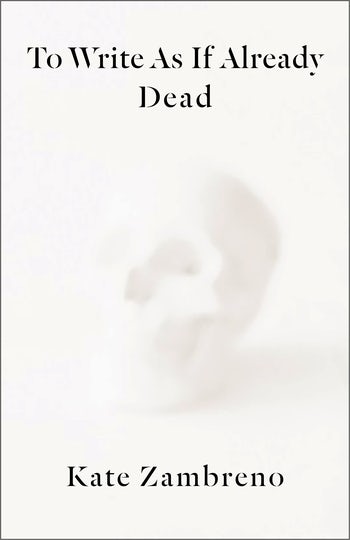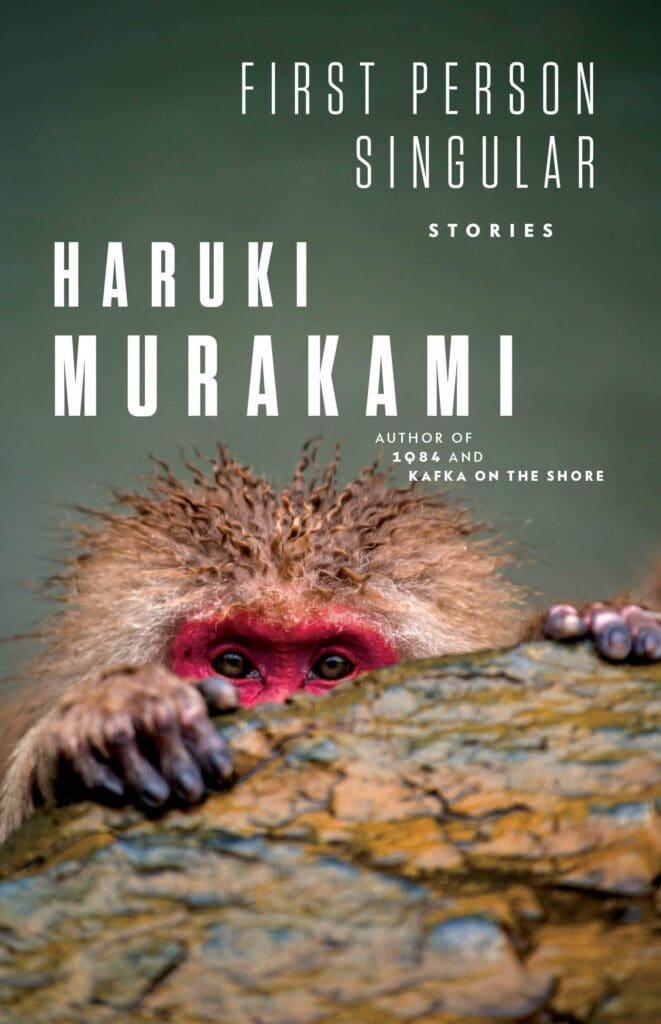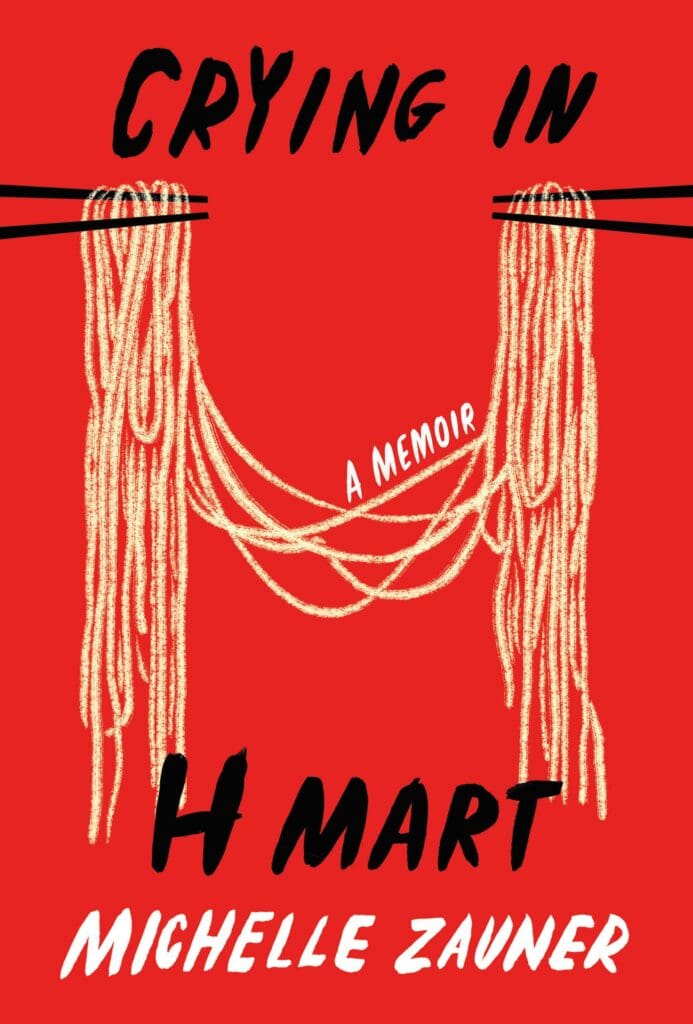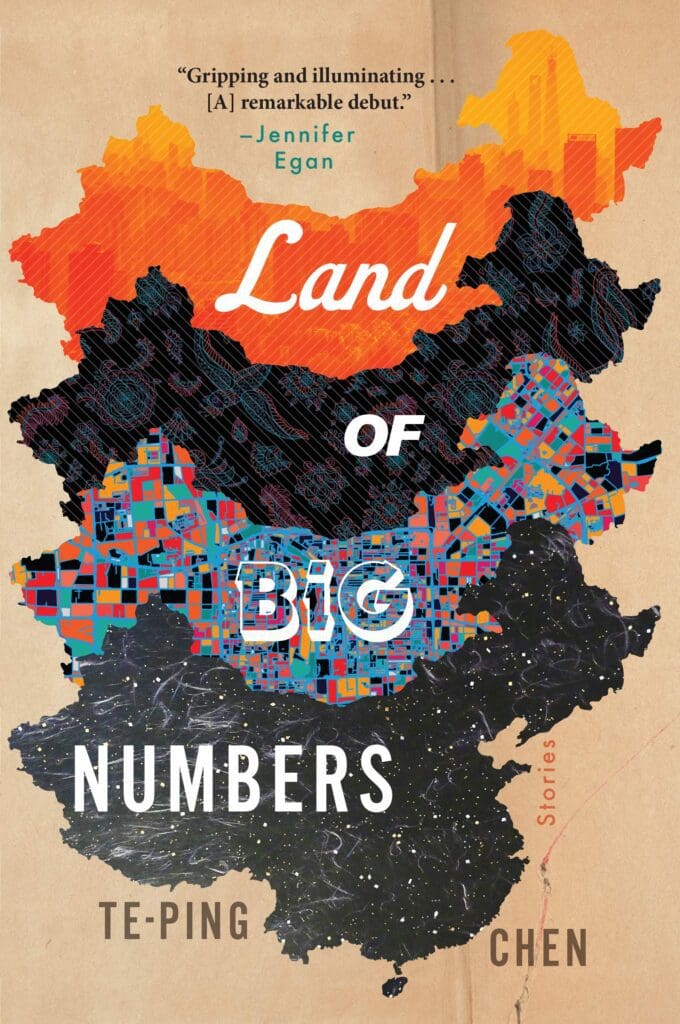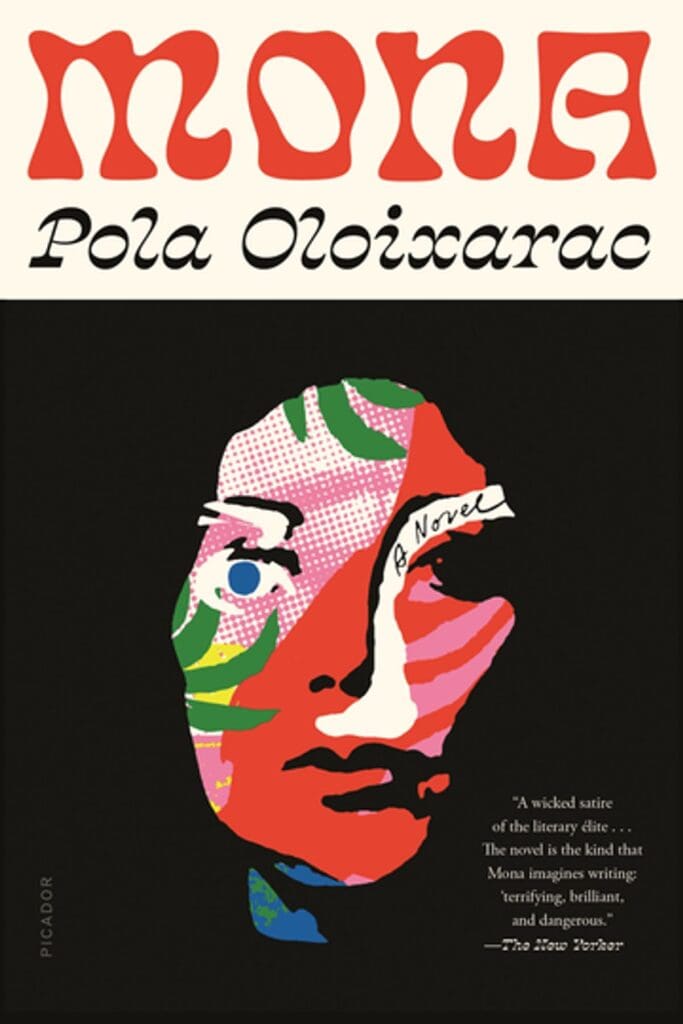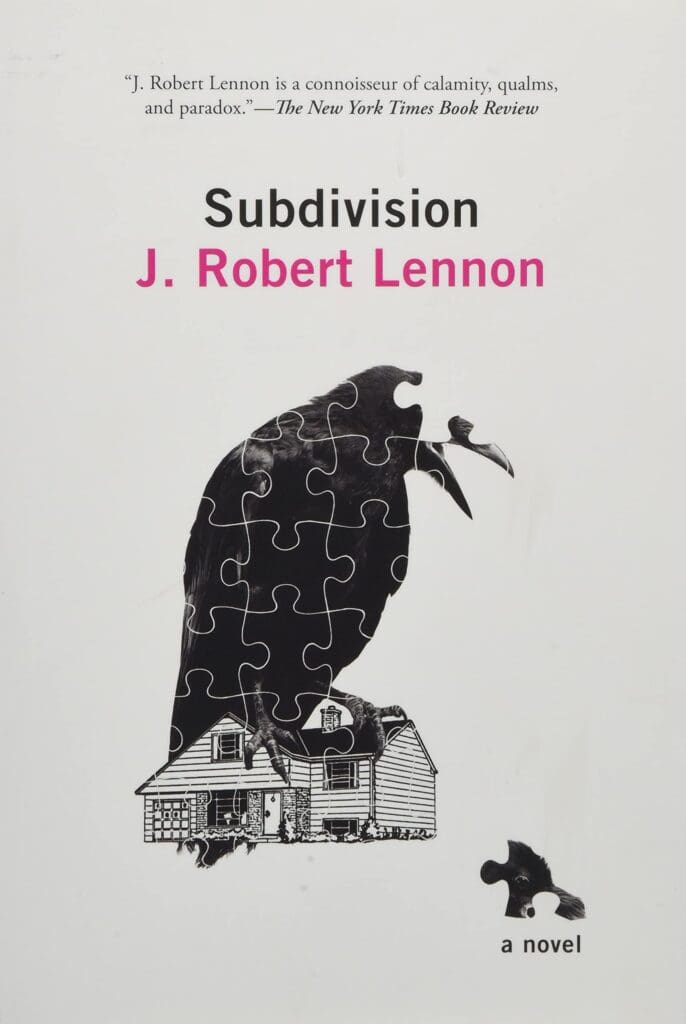In Ghost Forest (251 pages; Random House), the novel’s title is also the name of a painting created by the protagonist, an unnamed daughter of immigrants from Hong Kong. As an adult, the narrator takes her father, who throughout her childhood split his time between Hong Kong and Vancouver, to see her painting in a juried show. “In the painting, I am riding a brown bird,” she describes. “We are soaring above tree after tree, and each one is white and translucent. I washed white watercolor on gray rice paper to create that effect.” Her father’s reaction is not what […]
‘Ghost Forest’ by Pik-Shuen Fung: What We Say to the Dying
by Ray Levy Uyeda
